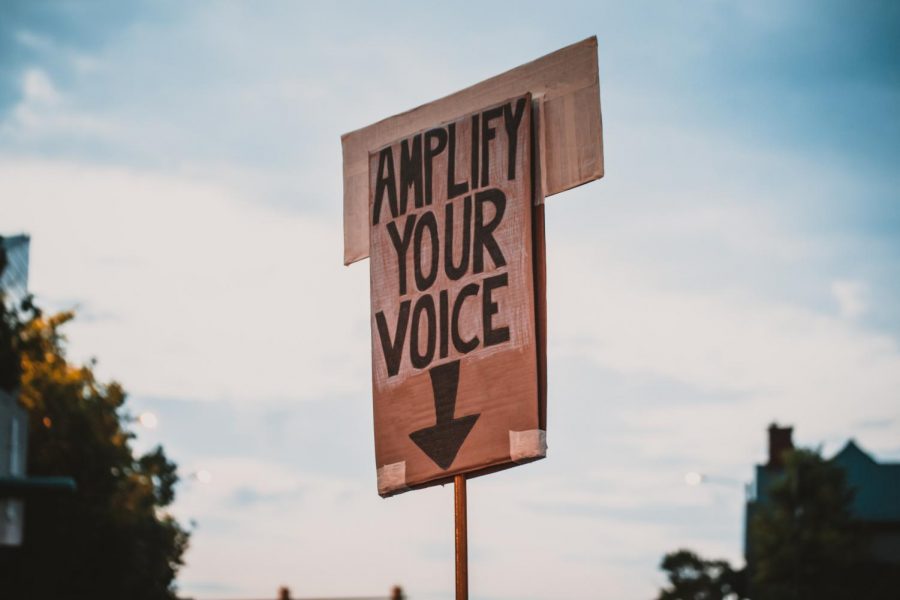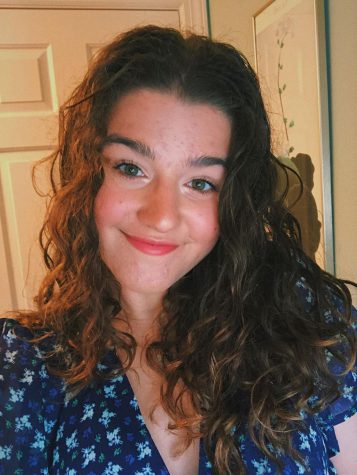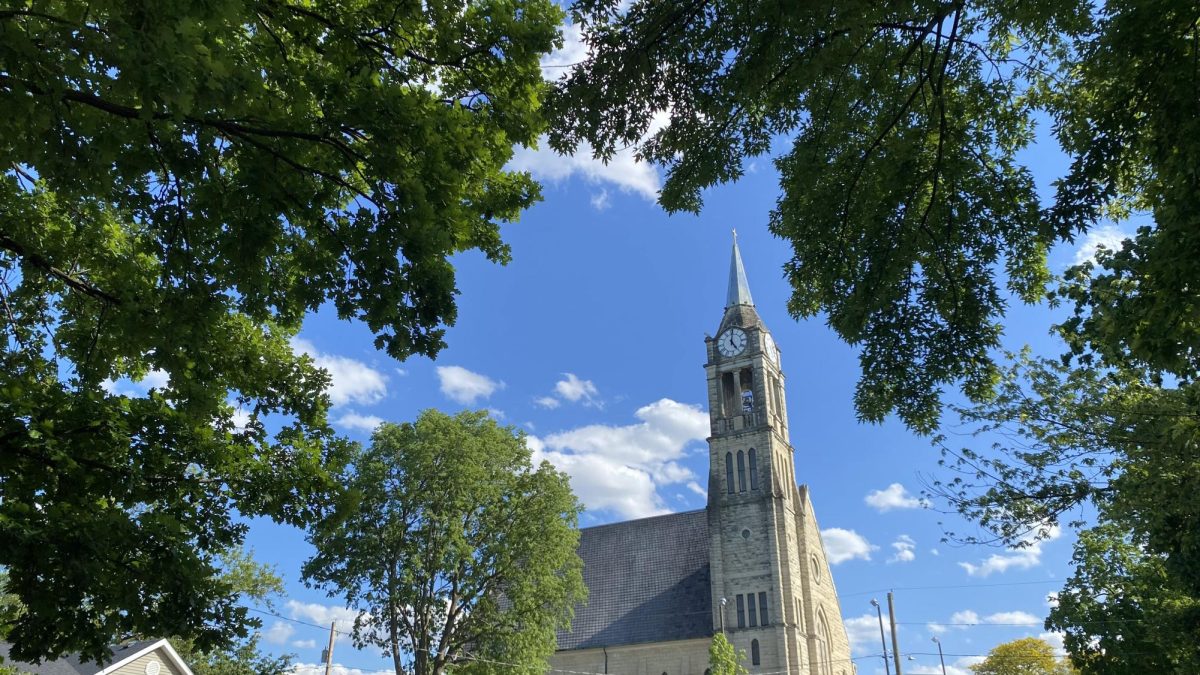Ways Teens Can Contribute to Society
December 10, 2020
Although some teens are unable to practice their right to vote due to their age, teens can be involved by volunteering and promoting awareness of global events. During these tumultuous times, students may feel that they are unable to give back to their communities; however, there are endless opportunities still available.
The killing of George Floyd, on May 25th, started a civil rights movement that was led by minorities throughout the states. Floyd was pinned at the neck for a minimum of 8 minutes and 15 seconds by, white police officer Derek Chauvin. These actions have caused an uproar in the movement Black Lives Matter. BLM is an organization created by three women named: Alicia Garza, Patrisse Cullors, and Opal Tometi. These women have founded an organization that is an “…ideological and political intervention in a world where Black lives are systematically and intentionally targeted for demise. It is an affirmation of Black folks’ humanity, our contributions to this society, and our resilience in the face of deadly oppression.” BLM encourages teens to interact with their movement to fight for freedom, liberation, and justice by joining the global movement. You can also report other websites, ads, stories, social accounts, and posts about BLM that appear disreputable to their website. BLM also accepts donations for their fight against state-sanctioned violence, liberating black people, and ending white supremacy forever.
While there are many social justice issues teens can contribute to there are also plenty of global health issues as well. COVID-19 has made public health safety a more warranting concern nowadays. It is critically important that everyone is wearing masks and following the social distancing guidelines. Teens can draw awareness by posting on social media, talking with their family members and friends, and also by following the guidelines themselves. People who are more susceptible to COVID-19 include: people over the age of 60, those with severe underlying health conditions (lung or heart disease), and those who have diseases that affect their immune system. Teens can check guidelines that are specific to their community, and inform those who may not be up to date on them.
Humans impact the environment negatively and positively; however most of the time their actions harm the environment. Since 1880, global warming has increased at an average rate of 0.07°C every decade, due to deforestation and the burning of fossil fuels. Many rainforests are being cut down for commercial use, which is damaging because rainforests provide the majority of Earth’s oxygen. Rainforests also house a large population of animals and insects that are indigineous to the land. Regardless of how some people treat our Earth, teens today can help improve the well-being of the planet by choosing sustainable options, protesting for better environmental policies, and even helping within your own backyard. Greta Thunberg, an inspirational teen and environmental activist, is doing just that. In the Time, the authors stated, “Thunberg began a global movement by skipping school: starting in August 2018, she spent her days camped out in front of the Swedish Parliament, holding a sign painted in black letters on a white background that read Skolstrejk för klimatet: “School Strike for Climate.” Thunberg paved the way towards a better future environmentally. She showed that pushing for something that you believe in is a way to make a change. However, teens today do not have to make actions as big as hers, but instead, they can do things on a smaller scale such as volunteering. Many organizations such as the Arbor Day Foundation makes it easier for teens to reach out and improve the environment, and helping the environment can also be done at home with recycling and making sustainable food choices. Overall, helping the environment doesn’t have to be big like Greta Thunberg, but it can also be close to home.
It is no lie that 2020 has definitely been a whirlwind of events, however that doesn’t make it an excuse to not have some contribution to society. Even though there are a handful of teens that aren’t of age to vote, there are many ways teens can still practice being a good citizen. Whether it be volunteering, making a donation, being eco friendly, or bringing awareness to an issue, all of these factors make for a stronger society and a healthier planet.
Sources
“20 Ways Humans Are Negatively Impacting the Environment | Loveexploring.com.” Loveexploring.com, 17 Apr. 2018, www.loveexploring.com/gallerylist/73042/20-ways-humans-are-negatively-impacting-the-environment. Accessed 7 Dec. 2020.
Alter, Charlotte, et al. “Greta Thunberg: TIME’s Person of the Year 2019 | Time.” Time.com, 2019, time.com/person-of-the-year-2019-greta-thunberg/. Accessed 7 Dec. 2020.
Haddad, Kristina. “Indigenous Environmental Network.” The Leonardo DiCaprio Foundation, www.leonardodicaprio.org/indigenous-environmental-network/.
“Herstory.” Black Lives Matter, 7 Sept. 2019, blacklivesmatter.com/herstory/.
Hill, Evan, et al. “How George Floyd Was Killed in Police Custody.” The New York Times, The New York Times, 1 June 2020, www.nytimes.com/2020/05/31/us/george-floyd-investigation.html.
Lindsey, Rebecca, and LuAnn Dahlman. “Climate Change: Global Temperature | NOAA Climate.Gov.” Climate.Gov, 14 Aug. 2020, www.climate.gov/news-features/understanding-climate/climate-change-global-temperature#:~:text=Change%20over%20time&text=According%20to%20the%20NOAA%202019,more%20than%20twice%20as%20great. Accessed 7 Dec. 2020.
US Department of Commerce, National Oceanic and Atmospheric Administration. “Protecting Our Planet Starts with You.” Noaa.Gov, 2020, oceanservice.noaa.gov/ocean/earthday.html. Accessed 7 Dec. 2020.






